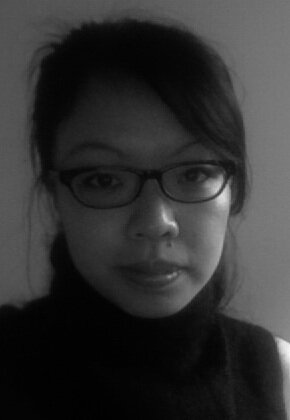"At Lag b'Omer, they burnt Obama and prayed the mourner's kaddish for Arafat's Jewish friend"
A(nother) confused weekend begs the question: Just who are Israel's enemies?
(Hint: If you are thinking the "Palestinians", think again.)
When the Israeli army laid siege on the late Palestinian President Yasser Arafat's compound in Ramallah back in 2002, one of those who visited frequently was an elderly Jew.
His name was Moshe Hirsch. Five years Arafat's senior, he was there by the younger Arab's bedside praying, as he laid dying in a French hospital two years later. When Hirsch himself died this past weekend, the current Palestinian leadership did not neglect to pay their respects.
Hirsch and Arafat were brought close, not least because they were united by a common enemy: the state of Israel. Not that Hirsch was necessarily sympathetic to the Palestinians losing their homes with the establishment of Israel; his objections were more with the godlessness of it all. Hirsch was one of those ultra-orthodox Jews who believe God himself will restore the Jewish people to the land of Israel, not some secular movement like Zionism which first broached the idea of the creation of a modern state of Israel.
That would be a sin.
...where are the famously vocal Israelis? Have they become content with being silenced by the lunatics taking over the asylum?
These two men stood opposed to the state of Israel, though that did not stop American-born Hirsch from moving there. If there were such things, Hirsch might be what you could call Arafat's kind of Jew, and his religious followers, well, Iranian president Mahmoud Ahmedinejad's kind of Jews.
Given Ahmedinejad's regular threats to annihilate the Jewish state, it would be scandalous to imagine a Jew in his embrace. But that was the photo that was splashed across newspapers in 2006. What was more shocking was the event at which the picture was taken: the Holocaust conference in Tehran, hosted by the Holocaust-denying president.
The Jews in question were followers of Hirsch's ultra-Orthodox Jewish group Neturei Karta. It is a controversial organisation, based out of Mea Shearim, a conservative Jewish neighbourhood. At Hirsch's funeral, the head of the Palestinian delegation noted that it was “part of east Jerusalem, which will be part of the capital of the Palestinian state”.
Just in case the implication isn't clear enough, the Palestinians will not give up East Jerusalem in any future peace talks.
As with previous attempts, American efforts to restart peace talks are made difficult by the lack of trust between the two sides from the word “go”. If that is not enough, the misgivings now extend to Obama himself. His administration's criticism of Israel for building new settlements in occupied Palestinian territories has not won him any points among some of the ultra-orthodox. What's more, as a Jew, how do you trust a US president named Hussein Obama?
(Yes, in these circles, Obama is more affectionately known by his middle name. Afterall,“Barack” is nowhere as catchy as “Hussein”, if you are trying to paint the man as a Muslim, kaffiyeh-dressed, bowing-to-Saudis president enemy of Israel.)

Extremist religious Jews often portray US President Barack Obama in the chequered kaffiyeh popularised by the late Palestinian leader Yasser Arafat to protest what they perceive to be his anti-Israeli stance.
For these Jews, on a good day, Obama is a dishonest (peace) broker. On a really good day, he is a man you burn at the stake, which is what they did this past Saturday at Lag B'Omer. On this Jewish holiday, bonfires are prepared and lit, and tossed among the papers and wood are pictures and effigies of Israel's foes. This year, Obama found himself in a club previously reserved for the likes of Hitler.
An extremist Jewish group had printed photos of the US president, and set up a Facebook page, giving it out to one and all who wanted one for their bonfire.
Here is an excerpt from an interview on the Israeli Defense Force radio with one of the group's follower Bentzy Gopstein.
Rino Tzror: What picture of Obama did you choose?
Bentzy Gopstein: A nice one.
Rino Tzror: A nice one. With or without a keffiyeh? Did you add one? Did you touch it up?
Bentzy Gopstein: No keffiyeh. A real picture of him conveys a keffiyeh, even if you don’t put one on him.
It is not hard to find, while trawling through newspaper reports from Israel, stories of extremist Jews behaving badly. The problem when they do is that ordinary people suffer the consequences of their misdeeds.
A group of Jewish settlers hatched plans to burn down mosques in the West Bank, in order to protest the government's crackdown on their right-wing activists.


















